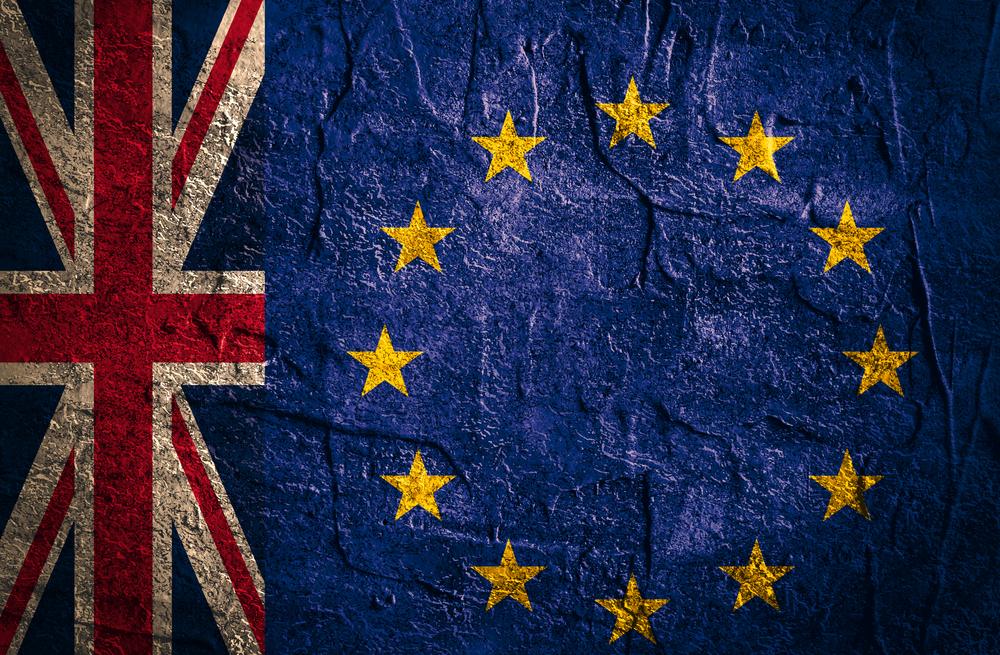Toyota Motor (TYO: 7203) has warned that a no-deal Brexit could temporarily stop production in the UK.
Toyota’s chief executive, Johan van Zyl, said that a bad or no Brexit deal would be damaging for the UK car industry and hit investment in the UK.
“If we have anything that has an impact on your competitiveness of manufacturing in the UK, it will definitely have an impact on future investment decisions,” van Zyl told the BBC at the Paris Motor Show.
“The reason for many manufacturers being in the UK is the fact that they could export to the European market duty free – and that is a critical one.”
Various car makers have said that a no-deal Brexit will pose a threat to the UK motor industry.
Jaguar Land Rover recently announced plans to move workers at the Castle Bromwich plant to a three-day week because of “continuing headwinds impacting the car industry”.
Meanwhile, Honda (TYO: 7267) has warned that a no-deal Brexit would cost it tens of millions of pounds.
Maxime Picat, the executive vice president for Europe at Vauxhall owner PSA, has said that a no-deal departure would not “necessarily” hit production.
“We’ve been doing all we can to develop our UK business, restore Vauxhall and Opel profitability, reinvesting in Luton and improving our sites’ competitiveness in order to help them face up to an uncertain future,” he said.
“But there are limits. Those limits are customs barriers, and the loss of freedom of movement, for people and goods. If we get to that point, we will be obliged to take measures.”
“If we suddenly have to start manufacturing for the UK in the UK, and for Europe in Europe, there will necessarily be an impact on UK production,” Picat said in an interview.”
“We’re not going to be dogmatic about it, and there’s no question of punishing the UK. We’d take a look at our two factories, the state of our business, and look for a solution. But I don’t know where that will lead us in terms of the sustainability of our sites.”
“We’re not going to be dogmatic about it, and there’s no question of punishing the UK. We’d take a look at our two factories, the state of our business, and look for a solution. But I don’t know where that will lead us in terms of the sustainability of our sites,” he added.

